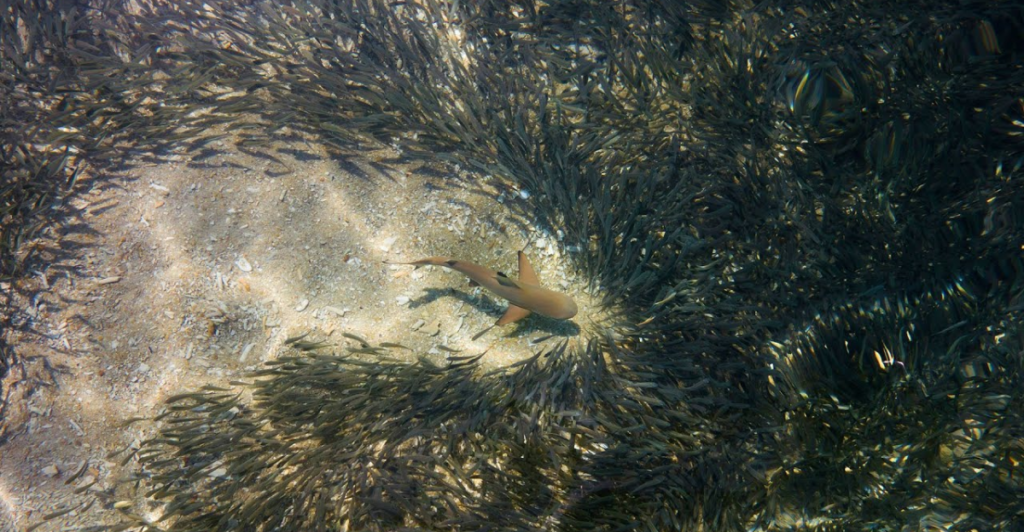
Alright, let’s talk about sharks. No, not the ones in horror movies—the real ones. Since 1970, shark populations have dropped by more than 50%, and overfishing is the main culprit. If we don’t do something, some shark species might disappear entirely! So, how did we get here? And more importantly, how much time do sharks have left before it’s too late? Let’s dive in.
The Shocking Numbers
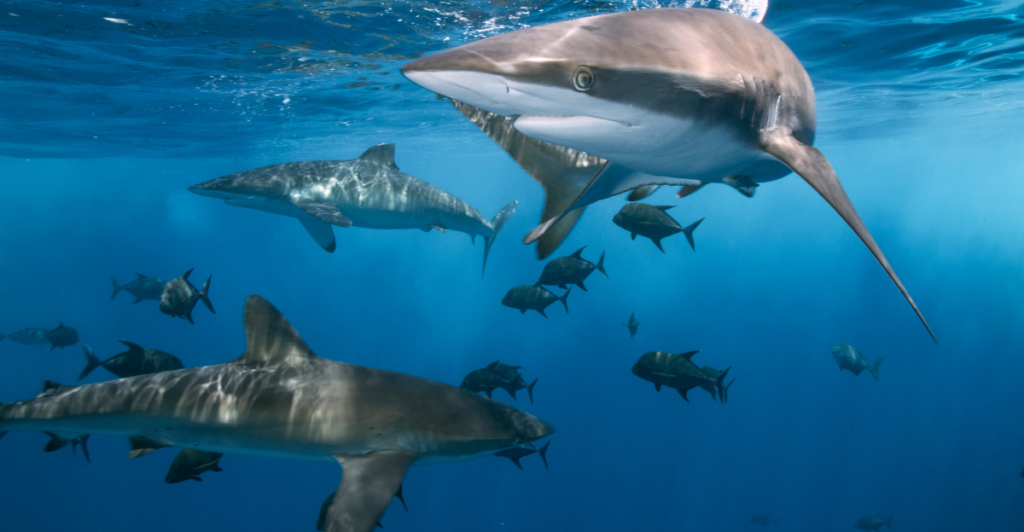
Brace yourself, sharks are disappearing fast. A study published in Nature found that oceanic shark and ray populations have declined by 71% since the 1970s. That’s nearly three-quarters of their population gone! And guess what? Three out of four shark species are now at risk of extinction.
Why Are Sharks in Danger?
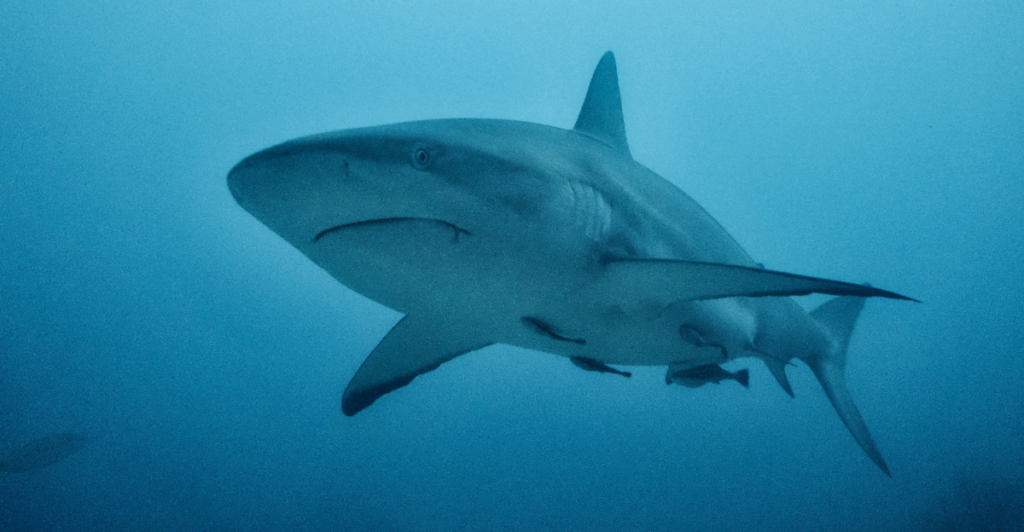
The biggest villain in this story? Overfishing. Sharks are caught intentionally for their fins, meat, and oil, but they’re also accidentally caught in fishing nets meant for tuna or swordfish (this is called bycatch). Since sharks grow slowly, take years to reproduce, and have few babies, their populations can’t keep up with how fast we’re killing them.
The Shark Fin Trade
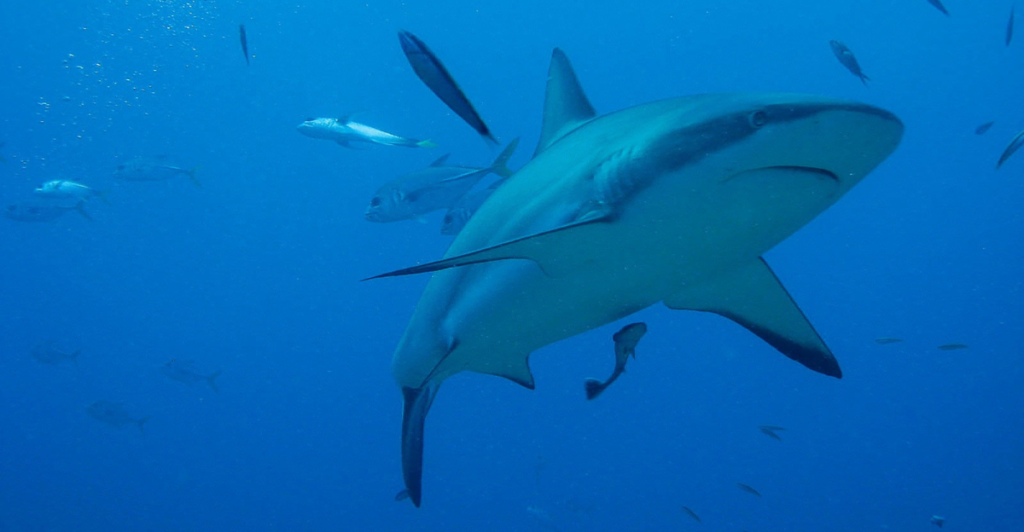
Ever heard of shark fin soup? It’s a delicacy in parts of Asia, and it’s driving sharks to extinction. Millions of sharks are captured, their fins are cut off, and then they’re thrown back into the ocean to die (horrific, right?). The global demand for shark fins is still a multi-billion-dollar industry, despite bans in some countries.
Bycatch – The Unintentional Killer
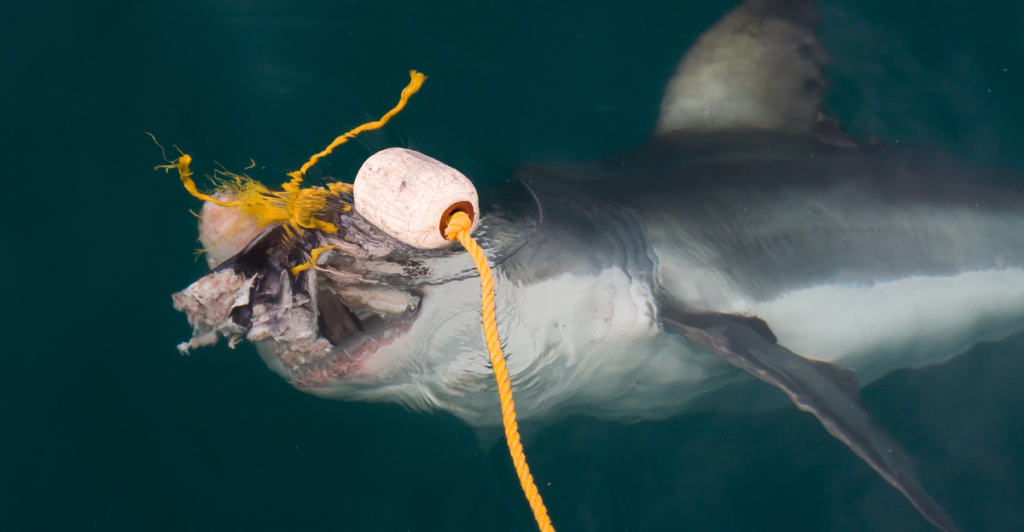
Not all sharks are caught on purpose. Bycatch is when sharks accidentally end up in fishing nets meant for other fish. Every year, millions of sharks die this way. The worst part? Many of them are thrown back into the ocean dead or dying because they’re seen as “waste.” It’s a massive problem.
What Happens If Sharks Go Extinct?
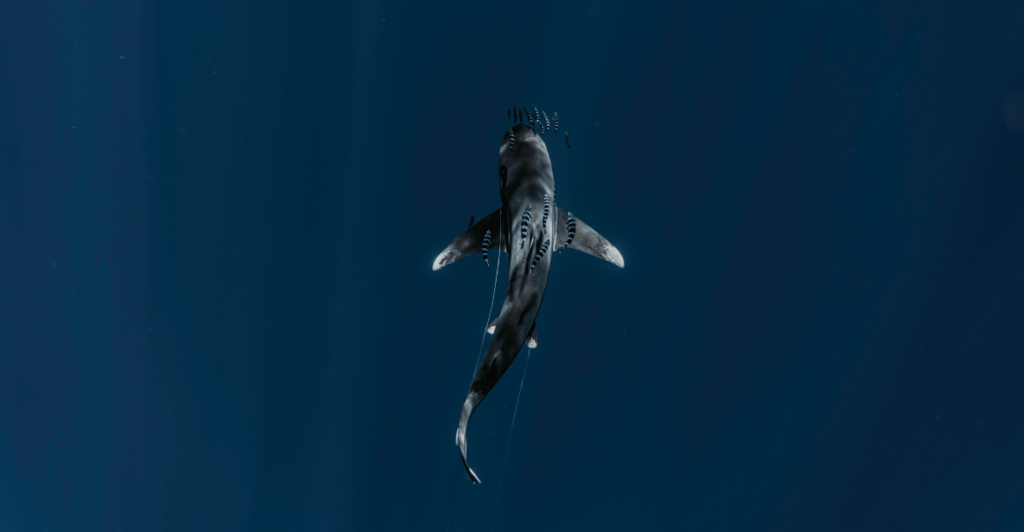
Losing sharks doesn’t just mean fewer scary movies—it would wreck entire ecosystems. Sharks are top predators that keep marine life in balance. Without them, certain fish species would explode in numbers, overgrazing reefs and depleting fish stocks. This would damage entire ocean ecosystems, affecting everything from coral reefs to fisheries that people depend on for food.
Conservation Efforts Are Working

Before you lose all hope, let’s talk about some wins! Countries like Palau, The Bahamas, and The Maldives have created shark sanctuaries, banning commercial shark fishing. In some areas where protections were put in place, shark populations are slowly recovering. It proves that when we take action, we can save sharks.
How Long Do Sharks Have Left?
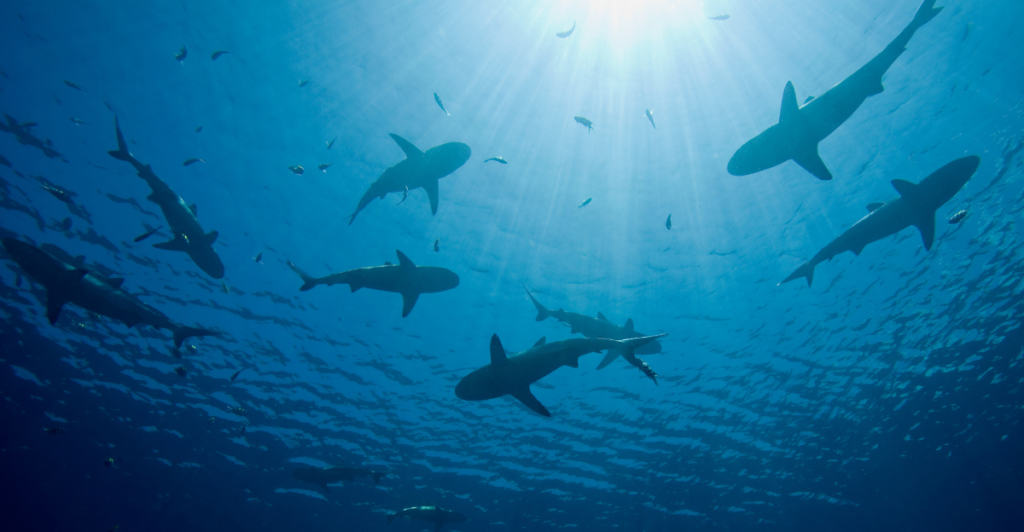
Here’s the reality—if we don’t change course, some shark species could go extinct within our lifetime. However, if we implement better fishing regulations, stop the shark fin trade, and enforce marine protections, there’s hope. Scientists estimate that we still have time to save many species, but we need to act fast.
What Can You Do?
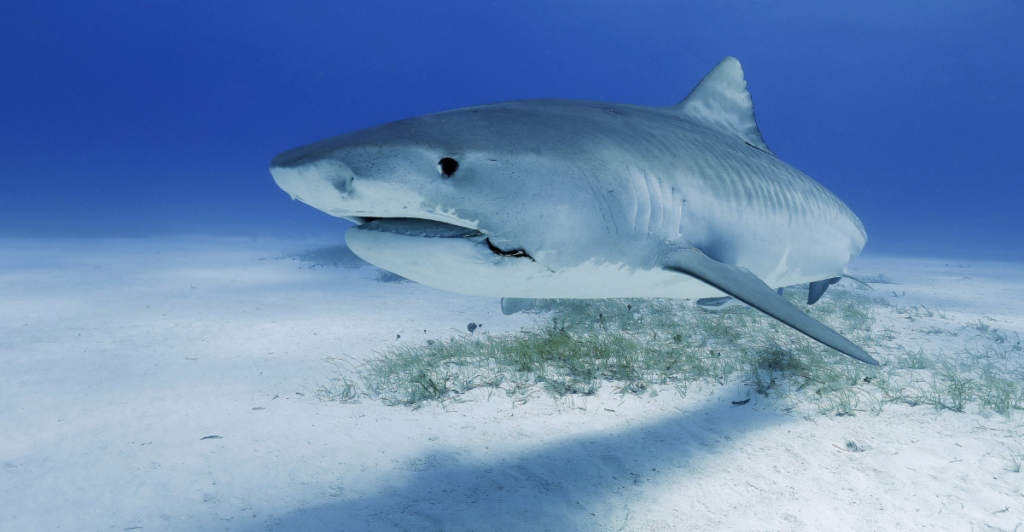
You might be thinking, “I’m just one person, what can I do?” Turns out, a lot! Simple choices can make a real impact, like supporting sustainable seafood (look for MSC-certified products) and avoiding shark-based products such as shark fin soup or cosmetics containing shark oil. You can also support conservation organizations that work to protect sharks and spread awareness—the more people know, the stronger the movement to save these incredible creatures.
Myth-Busting: Sharks Aren’t the Bad Guys
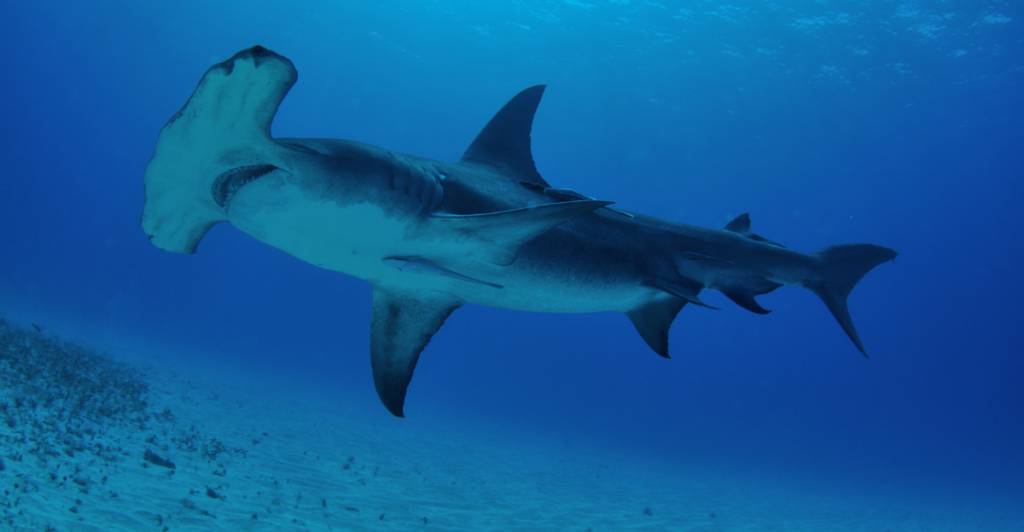
Sharks aren’t mindless killing machines like movies suggest. Humans kill millions of sharks every year, but sharks kill fewer than 10 humans per year worldwide. You’re more likely to be killed by a vending machine than a shark. Seriously. They’re not villains—they’re just trying to survive.
The Future of Sharks – Can We Turn This Around?
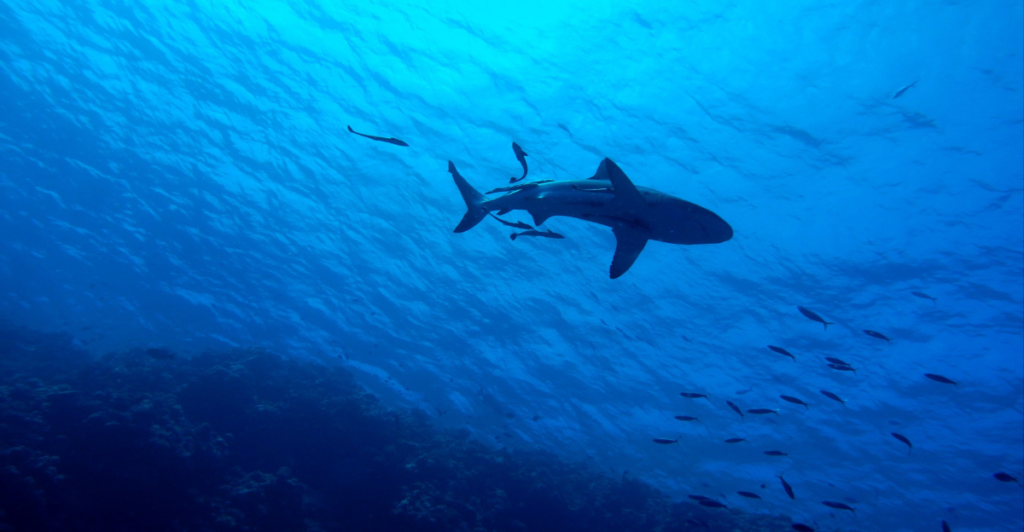
The fate of sharks is still in our hands. We’ve seen that when protections are put in place, sharks can recover. But it will take a global effort—governments, conservationists, and everyday people working together. We need better laws, stronger enforcement, and continued awareness. It’s not too late, but we have to act now.
Discover more of our trending stories and follow us to keep them appearing in your feed

California Is Breaking Apart: A Fault Line Is Forming Faster Than Anyone Predicted
The War on Cows Is Over—And Green Extremists Have Lost
Scientists Are Bringing Back The Wooly Mammoth
Deepest Hole On Earth Permanently Sealed After 2 Billion Year Old Discovery
This article first appeared here
Stay connected with us for more stories like this! Follow us to get the latest updates or hit the Follow button at the top of this article, and let us know what you think by leaving your feedback below. We’d love to hear from you!







